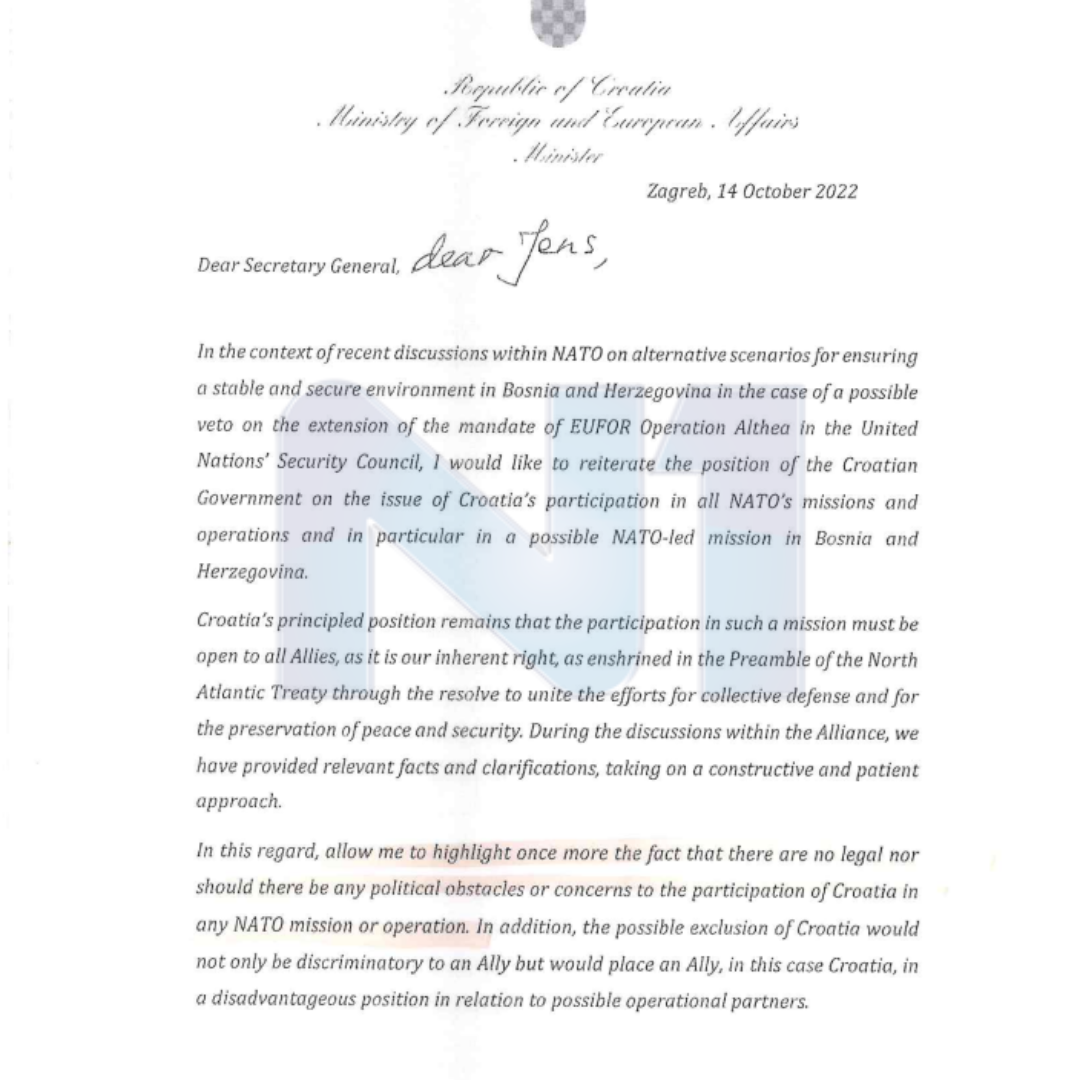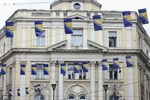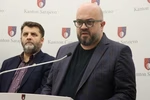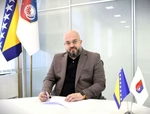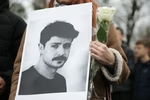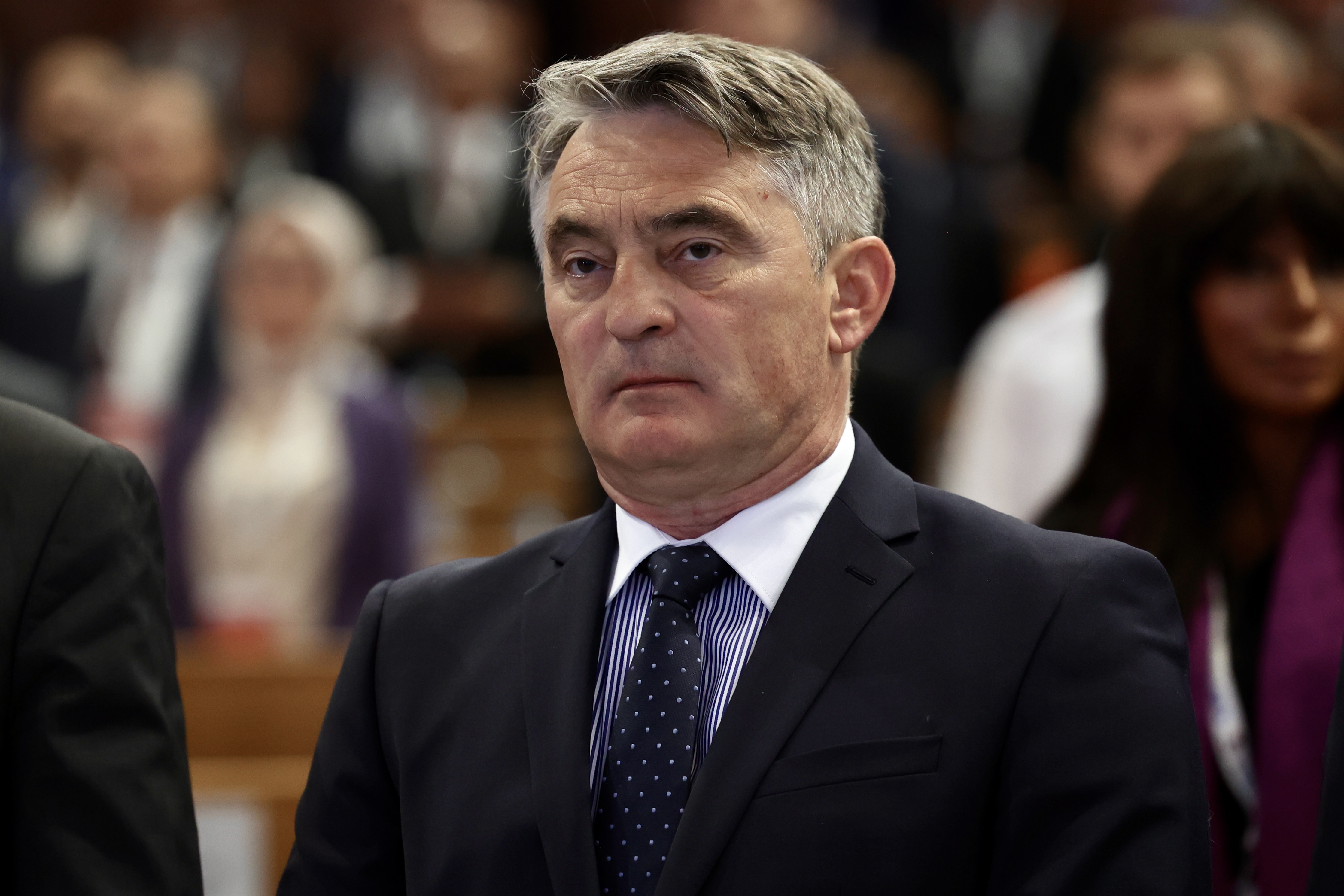
BiH Presidency member Zeljko Komsic wrote to Jens Stoltenberg, the NATO Secretary General, on Tuesday, saying that the military and political leadership of Croatia has been convicted for the Joint Criminal Enterprise (JCE) and that the involvement of the Croatian Army in the peacekeeping mission in Bosnia and Herzegovina is inappropriate.
"Regarding the consideration of the possibility of extending the EUFOR Operation Althea mission, as well as possible different solutions that include the involvement of the NATO alliance, I would like to inform you that we are aware of the content of the letter from the Government of the Republic of Croatia regarding their possible inclusion and sending of military forces to Bosnia and Herzegovina through NATO or EUFOR missions.
Since there are a number of crucial untruths in the letter from the Government of the Republic of Croatia, allow me to point out a few important elements.
The General Framework Agreement for Peace in Bosnia and Herzegovina or the Dayton Peace Agreement belongs to the category of international peace agreements, which are usually signed by the states participating in the war. Such a definition was later confirmed by the International Criminal Tribunal for the former Yugoslavia from The Hague, which determined the war in Bosnia and Herzegovina as an interstate armed conflict.
Such a fact, legal and historical, was due to the provision of Article 3 of Annex 1A of the Dayton Peace Agreement (Withdrawal of foreign forces) with a permanent character, and by no means a temporary or one-time obligation. What's more, with the signing of the Dayton Peace Agreement, the provisions of the Split Agreement, which the Government of the Republic of Croatia refers to, ceased to be valid. It is particularly important to point out that the Split Agreement does not have the character of an international agreement, as it is a one-time agreement on military activity in specific wartime circumstances.
For the above-mentioned reasons, I believe that it would be very inappropriate for the NATO alliance to include in its mission in Bosnia and Herzegovina or through the EUFOR mission Operation Althea the forces of the Republic of Croatia, i.e. the country whose military and political leadership were convicted by the International Criminal Court in The Hague as being part of the Joint Criminal Enterprise whose goal was the creation of ethnically cleansed parts of BiH under the military and political administration of the neighbouring Republic of Croatia. Such political ambitions of the Republic of Croatia towards Bosnia and Herzegovina, a sovereign and independent state, exist even today, which are also being strengthened by its military forces," Komsic wrote, among other things.
This letter followed after Gordan Grlic-Radman, the Croatian Foreign Minister, wrote to Stoltenberg on October 14 of this year, in which he warned him that the unity of NATO could be threatened if Croatia was denied the opportunity to send its soldiers on a peacekeeping mission in Bosnia.
"In the context of recent discussions within NATO on alternative scenarios for ensuring a stable and secure environment in BiH in the event of a possible veto on the extension of EUFOR's operation Althea mandate in the United Nations Security Council, I would like to reiterate the position of the Croatian Government regarding Croatia's participation in all NATO missions and operations, and especially in the possible NATO mission in BiH. Croatia's principled position remains that participation in such a mission must be open to all allies because it is our inherent right, which is contained in the preamble of the North Atlantic Treaty through the determination to unite efforts for collective defence and to preserve peace and security," Grlic-Radman wrote.
He further stated that "there are no legal and political obstacles or concerns for Croatia's participation in any NATO mission or operation."
"The possible exclusion of Croatia would not only be discriminatory towards the ally but would put the ally, in this case, Croatia, in a disadvantageous position in relation to possible operational partners,” the Croatian Foreign Minister wrote, among other things.
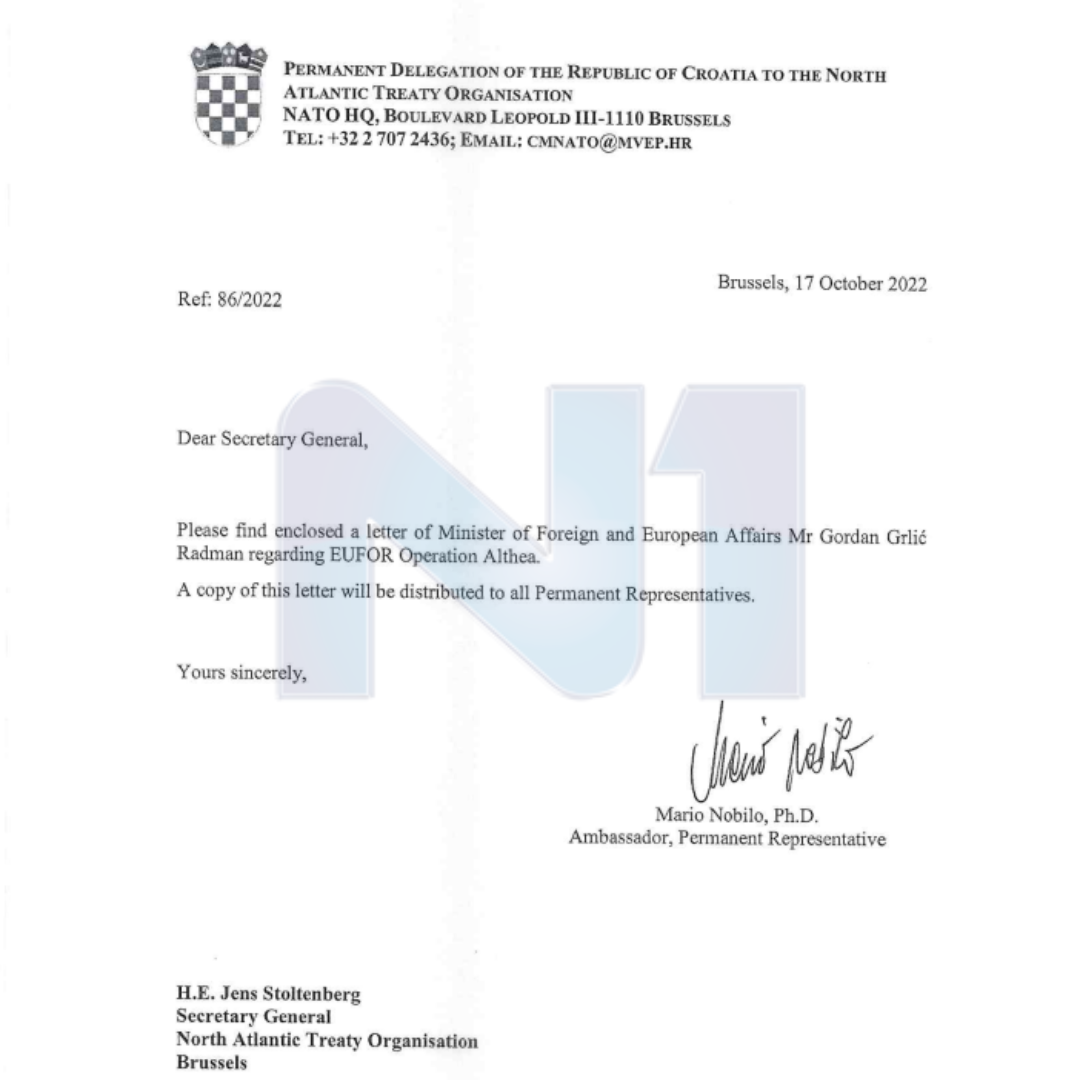
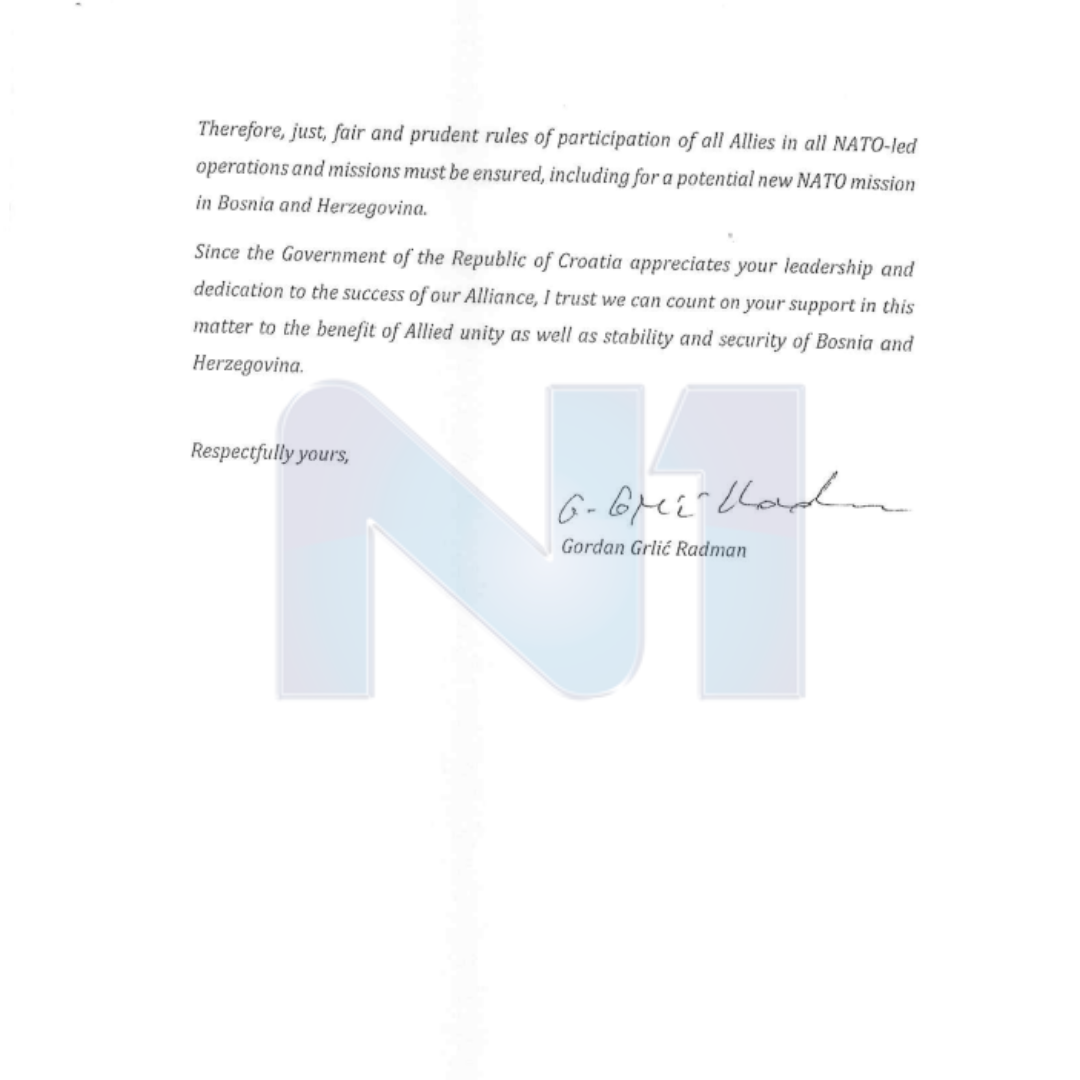
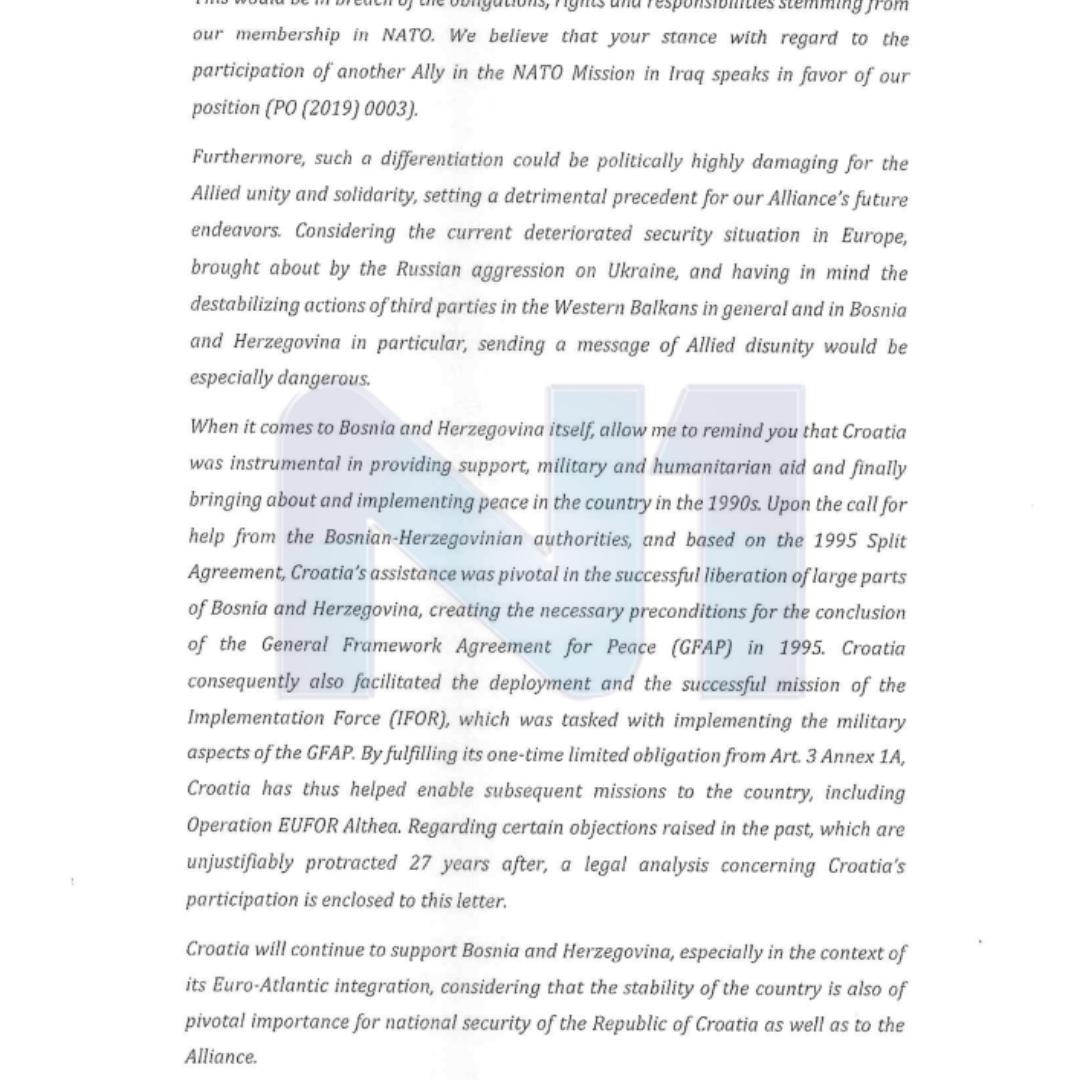
Kakvo je tvoje mišljenje o ovome?
Učestvuj u diskusiji ili pročitaj komentare





 Srbija
Srbija
 Hrvatska
Hrvatska
 Slovenija
Slovenija




